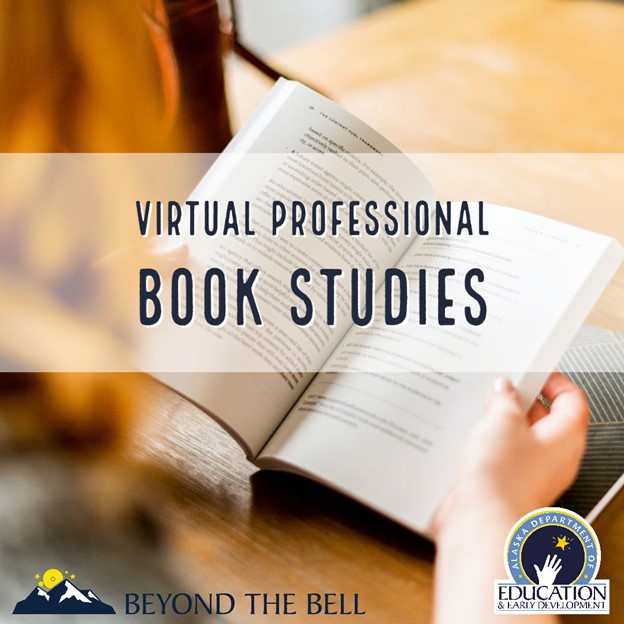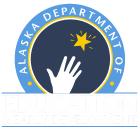- Cama-i, quyana tailuci!
- (Central Yup’ik)
- "Greetings, thank you for coming!"
The Distance Learning Playbook, Beyond the Bell
Educators should be lifelong readers and leaders, but many do not always get the chance to read and learn together. Therefore, SERRC invited all educators across the state of Alaska to join one of four professional book studies, which included personal interaction with the authors.
One of the four book studies was The Distance Learning Playbook by Doug Fisher, Nancy Frey, and John Hattie, a timely choice with the remote learning all schools transitioned into last year, and many have had to utilize to this year. Participants in the book study were provided a free book, met six times to engage in discussion over each module, and had access to an asynchronous discussion board through the AkPLN Teacher Channel.
This book study brought Alaskans together to stretch and challenge their thinking and planning for distance learning. According to author, John Hattie, “The pandemic teaching of 2020 was really not distance learning. It was also not homeschooling, which is a choice parents make for specific reasons. It was crisis teaching. Now educators have time to be more purposeful and intentional with distance learning.” Therefore, educators across the state were engaging in meaningful ways to provide quality, intentional education in a virtual setting.
One of the powerful conversations focused around developing lessons and relationships in a virtual setting, which lead to high levels of learning. The participant responses could be broken into four common themes, and some insights are provided below from the perspective of the Distance Learning Playbook book study participants.
- Relationships are critical, especially online
- Enable the waiting room in Zoom sessions to personally greet each student individually as they enter. Establish this routine to do a quick check-in with all the students before class begins.
- Even in a virtual setting kids need to feel safe
- Remember, some students may be dealing with more than educators realize, so keep the virtual classroom safe and free from judgement.
- Less is more
- Students, and parents, are more successful when teachers limit the number of tools used for assignments and learning. Repetition and familiarity allow students to focus on the quality of thinking and learning, rather than the logistics of creation and submission.
- Authenticity matters
- Make the interactions with students and the assignments real and meaningful. Honor the time and energy of students and families by assigning authentic learning tasks. Have students spend time and energy writing for real audiences, reading to escape, learning about topics they are curious about, and solving problems that exist in the world.
The Distance Learning Playbook was more than just a book study filled with modules for educators to analyze. It was a book that challenged individuals to reflect personally and professionally. In fact, looking through the themes above, these could be tips for everyday life. Therefore, R16CC and the SRS team hope all educators across the state take some time to build relationships, create and find safe spaces to share, and simplify schedules with less activity and more focus on authentic and meaningful connections.

